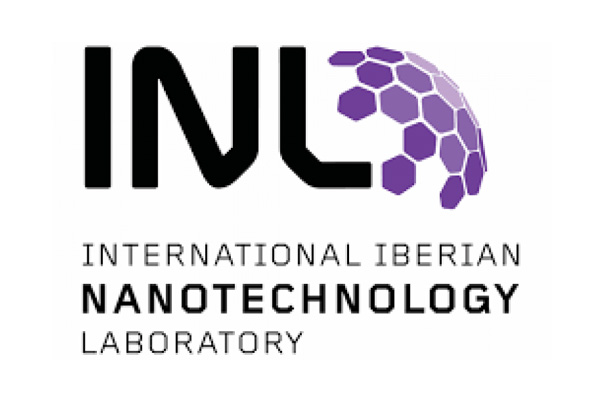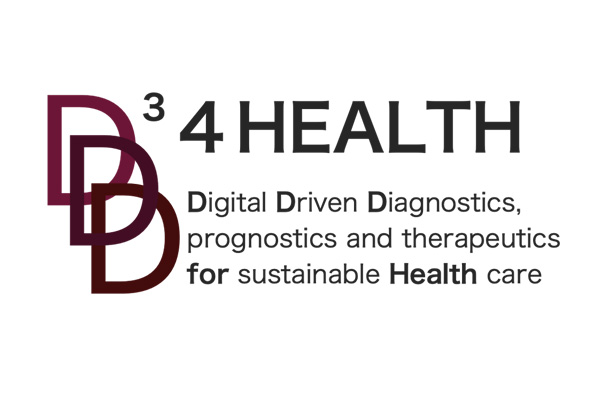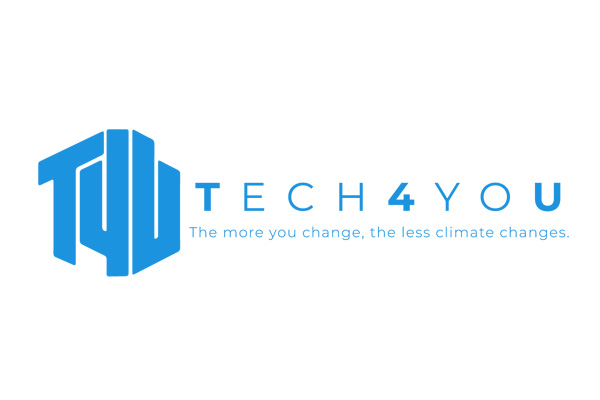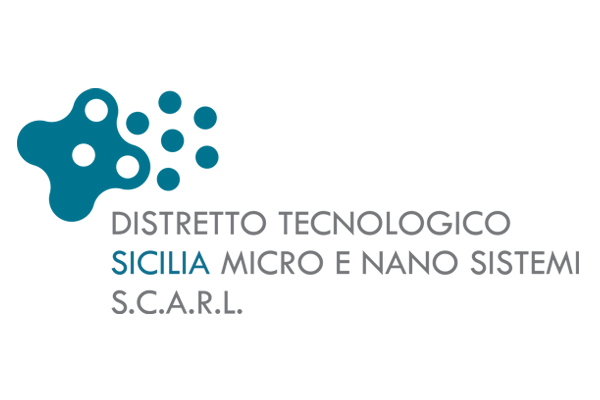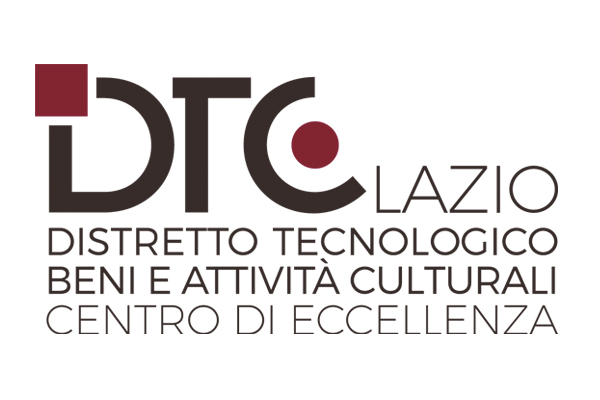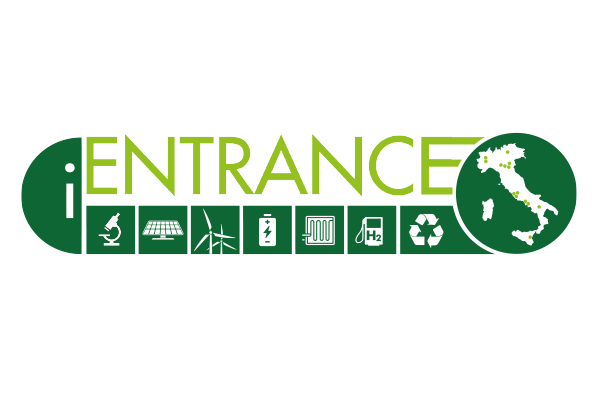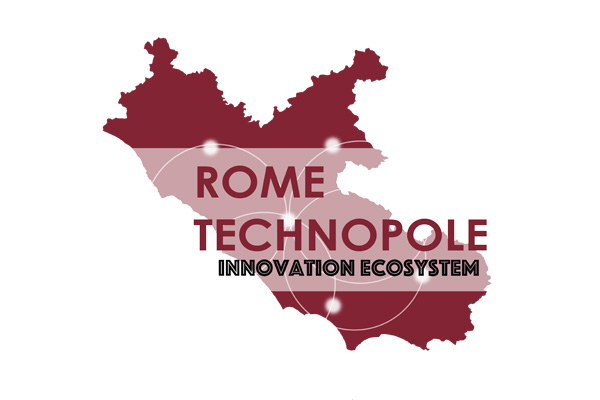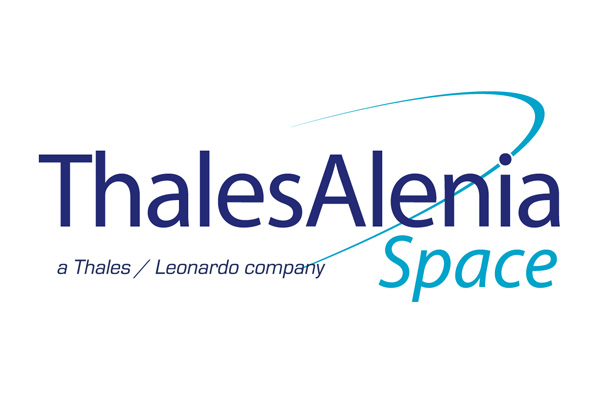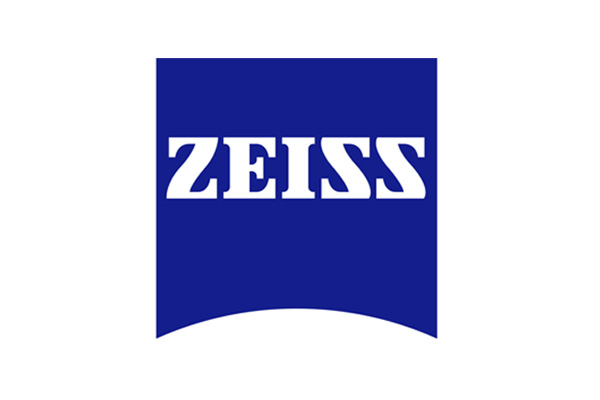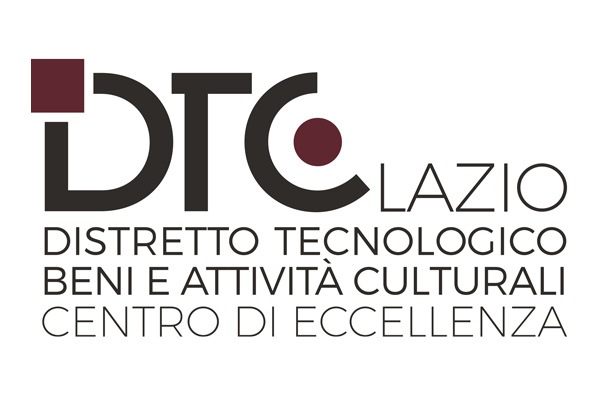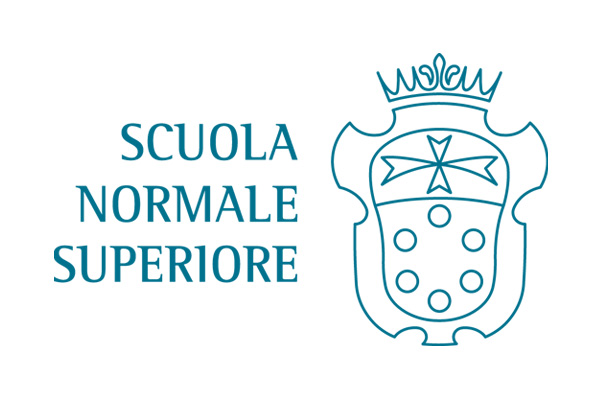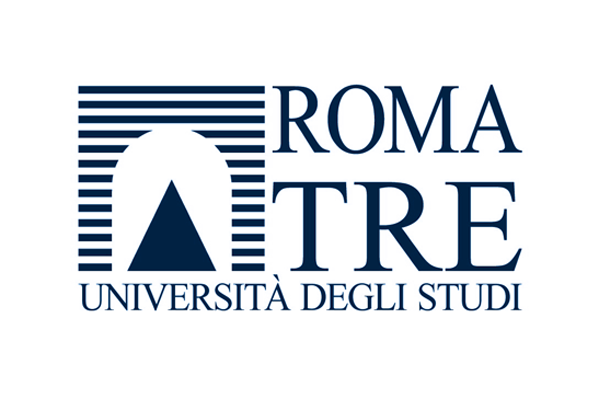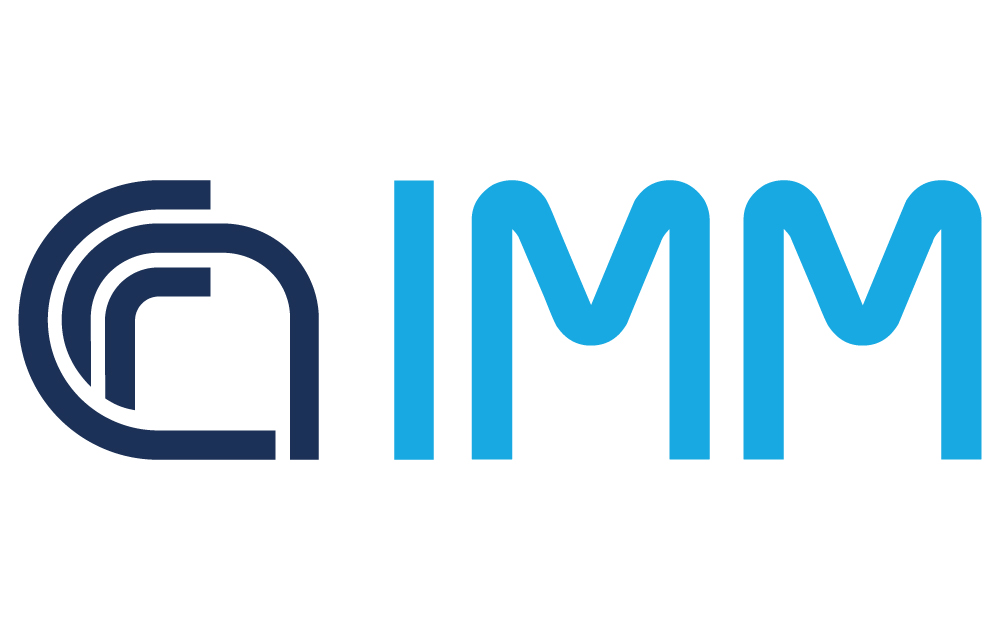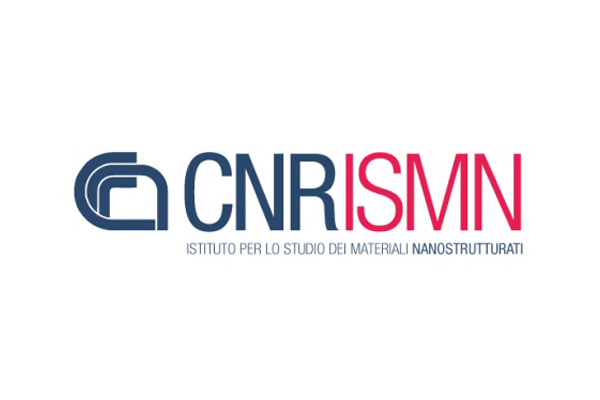NanoInnovation brings together scientists, researchers, and industry professionals to discuss the most recent developments in the field of nanotechnology and its applications. The event typically features plenary and keynote speeches, scientific symposia for presentations, and poster sessions. Presentations cover a wide range of fields and topics. In particular, multi-track sessions with parallel thematic symposia are scheduled on September 11 - 12 - 13. Each of the twelve multi-track sessions will include parallel thematic symposia, each of them of 90 minutes. Some thematic symposia are part of workshops and special events while others are organized independently.
In addition, there are roundtable discussions, workshops, and networking events to facilitate collaborations and knowledge exchange among participants. Past editions of NanoInnovation have attracted hundreds of attendees from around the world, including leading scientists, policymakers, and business leaders. NanoInnovation provides a platform for researchers, scientists, and industry professionals to share the latest advances and foster collaborations.
In this page, you can discover all the fields and topics that will be explored during the current edition and the related thematic symposia, workshops and special events, as soon as their schedules will be available.![]() Click on the title to close/open the tab content.
Click on the title to close/open the tab content.

ADDITIVE & 3D MANUFACTURING
Additive and 3D manufacturing are at the forefront of a technological revolution that is reshaping the landscape of manufacturing and design. This innovative approach to manufacturing involves creating three-dimensional objects by layering materials, offering unprecedented flexibility and precision in the production process. Additive manufacturing, commonly known as 3D printing, has moved beyond prototyping to become a viable method for producing complex, end-use parts across multiple industries. From aerospace and automotive to healthcare and consumer goods, the applications of 3D printing are vast and transformative. The technology enables the production of intricate geometries that are impossible to achieve with traditional manufacturing methods, reducing material waste and lead times. One of the most significant benefits of additive manufacturing is its ability to facilitate mass customisation. Manufacturers can now produce bespoke products to individual specifications without incurring the high costs typically associated with custom manufacturing. This capability is particularly beneficial in the healthcare sector, where customised implants and prosthetics are improving patient outcomes. In addition, additive manufacturing is driving sustainability in manufacturing. By minimising material waste and enabling localised production, it reduces the environmental impact of manufacturing processes. The ability to produce parts on demand also reduces the need for large inventories, further contributing to a more sustainable supply chain. The NanoInnovation conference will explore some of the myriad applications of 3D printing and additive manufacturing in sectors as diverse as aerospace, automotive, healthcare and beyond. NanoInnovation 2024 will serve as a platform to engage with experts at the forefront of advancements in the field and learn about the latest developments, applications and future trends. As the event approaches, detailed schedules and session topics will be made available, providing attendees with an insightful glimpse into the exciting world of additive and 3D manufacturing, with the ultimate goal of paving the way for sustainable, agile and technologically advanced industries that meet the evolving needs of our ever-changing world.

AGRI-FOOD
In a world where the projected population is expected to exceed nine billion by 2050, the challenges of addressing the rising global demand for food, energy, and water while simultaneously conserving natural resources and minimizing environmental pressures have reached a critical juncture. Various esteemed organizations, including the World Bank, the U.N. Food and Agriculture Organization, and the EU F2F and Green Deal strategies, have recognized the urgency of the situation and are calling for increased innovation to revolutionize the agri-food sector.
One of the most promising recent developments in this pursuit is the emergence of AgriNanoTechniques. These groundbreaking techniques hold immense potential and are on the verge of integration into precision agriculture, a rapidly evolving field where technology empowers farmers to optimize their use of water, fertilizers, plant protection products, and other essential inputs. The application of AgriNanoTechniques not only enhances efficiency but also significantly reduces resource wastage, making it a fundamental pillar of sustainable agriculture.
At NanoInnovation 2024, we acknowledge the pivotal role of nanotechnology in transforming the agri-food sector, and our primary focus is to explore the intricate relationship between agri-food, nanotechnology, and innovation. NanoInnovation 2024 aims to bring together the latest scientific research and cutting-edge innovations in the field of nanotechnology and its profound impact on the agri-food sector.
One critical aspect where AgriNanoTechniques show immense promise is in addressing the persistent challenge of agri-food waste reduction and valorization. Leveraging nanotechnologies, we can explore innovative solutions for recycling and efficiently utilizing agricultural waste, contributing to the establishment of a circular economy and significantly reducing our ecological footprint.
At NanoInnovation 2024, we are committed to fostering collaboration and facilitating the exchange of knowledge among experts, nurturing a dynamic ecosystem of innovation that will shape the future of agri-food and nanotechnology. We firmly believe that by bringing together stakeholders and scientists, NanoInnovation 2024 will serve as an useful and effecive forum for discussing and exploring the full potential of nanotechnologies in the primary agri-food sector.

ADVANCED MATERIALS
NanoInnovation 2024 will provide an overview of the latest developments in advanced materials, including cutting-edge research on material properties, novel ways of creating materials and the use of these materials in various applications.
The strategic importance of advanced materials and their potential to drive innovation in a wide range of industries will be highlighted, demonstrating the need for continued research and development in this field to further enhance the capabilities and potential of advanced materials to drive innovation in all sectors, from industry to healthcare. Experts will discuss the challenges and opportunities associated with the development and deployment of advanced materials and explore potential solutions to overcome these challenges. Overall, Nanoinnovation will demonstrate the critical role of advanced materials as a key enabling technology to drive the digital and energy transformations and create a more sustainable future.
Details of the scheduled sessions, including the specific topics to be explored, will be summarised here.

CHIPS & MICRO-NANO ELECTRONICS
The development, design, production and use of micro- and nanoelectronic technologies is a key enabler for any company wishing to take advantage of the opportunities offered by digital transformation. The conference will provide an overview of the current state of the art in micro- and nanoelectronics, ranging from fundamental science and material properties to novel ways of manufacturing nanodevices. Micro- and Nanoelectronics is one of the Key Enabling Technologies (KETs) and plays a strategic and critical role in our global economy.
The ongoing global chip shortage has led to supply chain disruptions and product shortages in many industries, from automotive to electronics. It's a problem that has been building for years, but has come to a head in the wake of the COVID-19 pandemic, with a global economic impact compounded by the effects of the Russia-Ukraine war. Whether you're a tech enthusiast, a car owner, or a consumer in need of a new gadget, the chip shortage has the potential to affect your life in profound ways. Ultimately, the chip war is a story that affects us all.
Details of the scheduled sessions, including the specific topics to be explored, will be summarised here.

CULTURAL HERITAGE & RESTORATION
The application of nanosciences and nanotechnologies and the preparation of new nanostructured or monofunctional materials and molecular, supramolecular or nanometric devices for diagnostics, conservation, monitoring and maintenance of cultural heritage with different types of matter (paintings on canvas / table, paintings murals, glass, ceramics, stone material, etc.) have been the subject of an intense scientific study by many universities and research centres. Details of the scheduled sessions, including the specific topics to be explored, will be summarised here.

ENERGY & ENVIRONMENT
Environment is a cross-cutting and interdisciplinary topic, related and depending to population growth, patterns of production, international trade and rapid technological progress. In this context, technology and green technology are playing an increasingly central role at European and global level. Green tech refers to a type of technology that is considered environmentally friendly based on its production process or its supply chain. The developments of this new way of seeing and conceiving technology offer significant opportunities for economic growth and societal well-being but nevertheless pose challenges and uncertainties. Furthermore, materials science plays a key role also in the development of energy applications and technologies, rising from generation to storage, conversion and distribution. Among this field, nanomaterials are extremely promising: their high aspect ratio and short diffusion pathways, combined with their compatibility with advanced manufacturing techniques, allow the design and production of highly efficient and easy to use energy devices. However, in order to have a real impact on everyday life, it is crucial to scale-up the synthetic processes, joining the laboratory issues with the market demand. Details of the scheduled sessions, including the specific topics to be explored, will be summarised here.

HEALTH & NANOMEDICINE
Health, as a field, encompasses a vast array of aspects that impact the well-being of individuals and communities. The relationship between health and (nano)technology is intricate, constantly evolving, and heavily influenced by groundbreaking discoveries in both domains. Technology, in the form of devices, medicines, procedures, and integrated systems, has been developed to address health challenges and enhance the quality of life for people worldwide. The continuous progress in this intersection of health and the most advanced form of technology, commonly referred to as nanomedicine, holds tremendous promise for the future of medical advancements.
NanoInnovation 2024 is an event that will be at the forefront of discussing the latest breakthroughs in health and nanomedicine. It will encompass a broad spectrum of topics, in which the power of nanotechnology to revolutionize the medical field will be evidenced.
By manipulating materials and structures at the nanoscale, researchers and practitioners can create innovative solutions for diagnosing, treating, and preventing various diseases.
Nanomedicine holds immense potential to transform the landscape of healthcare. One significant advantage lies in its ability to target specific cells or tissues, leading to more precise and effective treatments with reduced side effects. Additionally, nanotechnology can improve drug delivery systems, ensuring medicines reach their intended destinations in the body with optimal efficiency. Moreover, nanoscale sensors and devices enable real-time monitoring of patients' health status, allowing for proactive interventions and personalized healthcare.
The integration of nanotechnology into medical applications is expected to open new avenues for combating diseases that were previously considered incurable. As our understanding of nanomaterials and their interactions with biological systems deepens, we can expect groundbreaking advancements in areas such as cancer treatment, regenerative medicine, and neurodegenerative disorders.
However, alongside the immense potential, there are challenges and ethical considerations that must be addressed. Ensuring the safety and long-term effects of nanomedicine, as well as addressing potential environmental impacts, will be crucial in its responsible development and deployment.
NanoInnovation 2024 offers an unique platform for scientists, researchers, and industry experts to collaborate and exchange ideas. By exploring the cutting-edge developments in nanomedicine, participants can collectively shape the future of healthcare, ushering in an era of personalized, precise, and transformative medical solutions.
As the event draws near, detailed schedules and session topics will be made available, providing participants with an insightful glimpse into the exciting world of health and nanomedicine, with the fundamental aim to give a contribution to forge a path towards a healthier and more sustainable future for all.

INDUSTRY 4.0
Industry 4.0 represents a transformative era for the manufacturing and industrial sectors, driven by the integration of key enabling technologies (KETs) such as advanced materials, nanotechnologies, and micro- and nanoelectronics, and the convergence of cyber-physical systems, the Internet of Things (IoT), machine learning (ML), and artificial intelligence (AI), paving the way for smart factories and intelligent production systems. These innovations are reshaping production processes, increasing efficiency, productivity and innovation.
At the heart of Industry 4.0 are advanced materials, which offer superior properties that enable the creation of more durable, lightweight, and efficient products. These materials, ranging from high-strength alloys to smart materials with responsive properties, are essential in sectors such as aerospace, automotive and consumer electronics. They not only improve product performance, but also open up new possibilities in design and functionality.
Equally important are the other KETs, particularly in micro- and nanoelectronics. Advanced chips and sensors play a crucial role in enabling real-time data acquisition and processing, which are fundamental to the smart manufacturing processes of Industry 4.0. These chips improve the accuracy and reliability of monitoring systems, facilitating predictive maintenance and reducing downtime.
The integration of advanced materials and KETs is driving a paradigm shift in manufacturing, fostering a culture of continuous improvement and innovation. Companies are now able to use these technologies to streamline operations, reduce material waste and create customised products that meet the ever-evolving demands of consumers.
In addition, these advances are revolutionising collaboration across the supply chain, increasing visibility and resilience. Organisations can respond quickly to market changes, ensuring a competitive edge in a rapidly evolving landscape.
NanoInnovation 2024 will serve as a platform for industry leaders, researchers and visionaries to collaborate, exchange ideas and chart the necessary pathways to explore the myriad opportunities and challenges presented by Industry 4.0.

INNOVATIVE & SMART TEXTILES
The textiles industry is a significant sector in the global economy, operating in an almost completely linear way: large amounts of non-renewable resources are extracted to produce or finish materials that are often used for only a short time. This leads to numerous negative environmental and societal impacts. Approaching natural-source chemicals and material circularity through minimising waste is an essential component of strategies to secure the sustainability of the planetary environment. Smart textiles and their link with LCA will be examined in the following symposia:

MICROSCOPY & NANOCHARACTERIZATION
The rapid and exponential growth of nanotechnologies in recent years has sparked a profound need for the continuous development and advancement of knowledge at the nanoscale (nanoscience). One key aspect in this dynamic landscape is the crucial role played by microscopy and characterization techniques. These essential tools have become the cornerstone of nanotechnology research, offering unprecedented insights into the nanoscale world. Microscopy and characterization techniques are at the forefront of nanotechnology innovation. By enabling scientists to visualize and analyze materials and structures at the nanoscale, these techniques unlock new possibilities for breakthroughs in various fields. From fundamental research to practical applications, their importance cannot be overstated.
One of the most fascinating aspects of microscopy and characterization techniques is their multidisciplinary nature. They find applications in diverse scientific domains, including physics, chemistry, and biology. This multidimensional approach leads to a comprehensive understanding of nanomaterials, their properties, and their interactions with the environment.
Throughout NanoInnovation 2024, we will delve into the latest developments and cutting-edge technologies in microscopy. From traditional optical microscopy to advanced electron microscopy and scanning probe microscopy, we will witness how these techniques have evolved to meet the challenges of nanoscience.
Moreover, characterization techniques play an equally critical role in the nanotechnology landscape. Electron and X-ray based techniques (tomographies, microscopies and diffractions), Scanning Probe Microscopies, Spectroscopic methods, and various other analytical techniques provide valuable insights into the properties and behaviors of nanomaterials. Understanding these characteristics is vital for tailoring materials to specific applications, control reliably and enhancing their performance. The synergy between characterization techniques, nanotechnologies, and innovation has paved the way for transformative advancements in all the different Key Enabling Technologies (KET). By pushing the boundaries of scientific knowledge, researchers are unlocking new opportunities for industrial applications, medical breakthroughs, and environmental sustainability.
NanoInnovation 2024 will bring together researchers, scientists, entrepreneurs, and innovators from around the world to join us in this captivating exploration of microscopy and characterization techniques' role in unlocking the potential of nanotechnologies and driving innovation.
As the event draws near, detailed schedules and session topics will be made online available.

MICRO & NANOFABRICATION
Micro- and nanofabrication are critical technologies that enable the creation of devices and structures with micro- and nanoscale features. These advanced techniques, such as lithography, etching and deposition, allow materials to be manipulated at the atomic and molecular levels, resulting in components of exceptional accuracy and functionality.
In electronics, micro- and nanofabrication are essential for the production of integrated circuits and microchips that power everything from smartphones to advanced computing systems. In biotechnology, they enable the development of microfluidic devices and biosensors that are critical to diagnostics and medical research. The precision and versatility of these techniques are also driving innovation in photonics and materials science.
The ability to create complex, multifunctional structures through micro- and nanofabrication is opening up new opportunities in a wide range of industries. These techniques contribute to sustainability by minimising material waste and supporting the development of energy-efficient devices and systems.
NanoInnovation 2024 will provide an in-depth look at the latest advances and applications in micro- and nanofabrication. Attendees will have the opportunity to interact with pioneering researchers and industry leaders at the forefront of these innovations. Detailed schedules and session topics will be available closer to the event date, providing valuable insights into the cutting-edge world of micro- and nanofabrication.

QUANTUM TECHNOLOGIES
Quantum technology is an emerging field of physics and engineering, which relies on the principles of quantum physics. Nanofabrication and material engineering on the nanoscale plays a crucial role in many of the emerging fields in quantum technology like secure communication, biomedical imaging, ultrasensitive sensors or quantum computing. Bringing these technologies out of the research laboratories to real world applications requires still a tremendous effort also in the fields of material engineering and optimisation of devices and components applied. Many quantum technologies are based on the generation, manipulation and measurements of few or even single photons with well-defined and engineered optical properties. Details of the scheduled sessions, including the specific topics to be explored, will be summarised here.


TRANSPORT, SPACE & AERONAUTICS
Nanotechnologies have become a powerful catalyst for innovation across various industries, and the fields of Transport, Space, and Aeronautics are no exception. The unique properties of nanomaterials and nanodevices have opened up new possibilities and revolutionized traditional approaches, propelling us towards a more efficient, sustainable, and connected future.
Nanoinnovation 2024 delves into the fascinating realm where these fields intersect with nanotechnologies and Key Enabling Technologies (KET), driving unprecedented advancements and shaping the future of transportation, space exploration, and aeronautics.
In the realm of Transport, Space, and Aeronautics, nanotechnologies have paved the way for remarkable advancements in various aspects.
Nanomaterials play a pivotal role in enhancing the performance of vehicle components, making them lighter, stronger, and more durable. From nanocomposite materials in automobile parts to nano-coatings for aircraft surfaces, we witness significant improvements in fuel efficiency and overall sustainability. Moreover, nanosensors and nanoelectronics have enabled sophisticated monitoring systems, ensuring safety, and contributing to the development of autonomous vehicles and intelligent transportation networks.
The development of advanced nanomaterials has made spacecraft lighter, enabling cost-efficient launches and increasing payload capacity. Nanoscale sensors and instruments have facilitated precise measurements and analysis in deep space exploration, unraveling the mysteries of the cosmos.
The incorporation of nanomaterials in aircraft components has significantly reduced weight, enhancing fuel efficiency and reducing carbon emissions. Nanocoatings on aircraft surfaces improve aerodynamics and prevent ice accumulation, enhancing safety and reducing maintenance costs.
NanoInnovation 2024 offers a dynamic and unique platform for showcasing cutting-edge innovations, discussing the latest research breakthroughs, and fostering partnerships that will shape the future of transport, space, and aeronautics.
As the event draws near, detailed schedules and session topics will be made online available.

YOUNGINNOVATION
Researchers have always played a fundamental role in finding solutions to complex challenges. For this reason, NanoInnovation is committed to encouraging and facilitating the participation of young researchers (under 35 years of age) in the scientific world and supporting their careers through mentoring activities. In line with these objectives, Young Innovation has evolved into a semi-independent event, now in its fourth edition, to be held from 11 to 13 September 2024, increasingly enriched with significant presences and aimed at the researchers of the future.
Young Innovation has become a well-defined event consisting of three days of discussions, divided into 90-minute sessions. In particular, the sessions will be developed to include:
1. Parallel sessions focusing on the macro areas of Material Sciences and Life Sciences.
2. Other sessions covering topics common to both the above macro areas.
Each Young Innovation session will include:
- Introductory talk (max 30 min) on the state-of-the-art of the session theme by a senior researcher;
- 4 contributions (max 7 min/each) by young researchers, presenting the results of their current studies;
- A short concluding round table discussion (approx. 30 min) with questions and answers between young researchers and senior researchers.
The specific topics of the event will be selected by the Chairs and the NanoInnovation Organizing Committee, who will also appoint the members of the Young Innovation Scientific Committee and the Organizing Committee.
As for the young speakers interested in participating, the spontaneous application requires:
1. the uploading of the abstract of their research through the website, on the dedicate submission section CALL FOR POSTERS.
2. the ticking the ‘Young Innovation” box during the submission.
Selected abstract from the under-35 applicants, based on the quality of the proposed research and its relevance to the theme of the session, will be invited to presented during Young Innovation and could be displayed in printed form during Nanoinnovation and uploaded on the website in the dedicated session.
Selected participants will not have to pay the submission fee required for the regular poster session. Those not selected for the event can still pay the fee and participate by uploading their poster to the website and displaying it during the event.
Overall, the purpose of the Young Innovation event is to provide a platform for these emerging scientists to share their research and network with colleagues at the event. As such, the event serves not only as a showcase for cutting-edge research, but also as a catalyst for collaboration, inspiration and the advancement of scientific knowledge.


